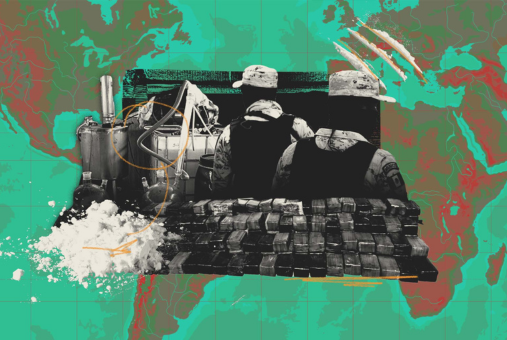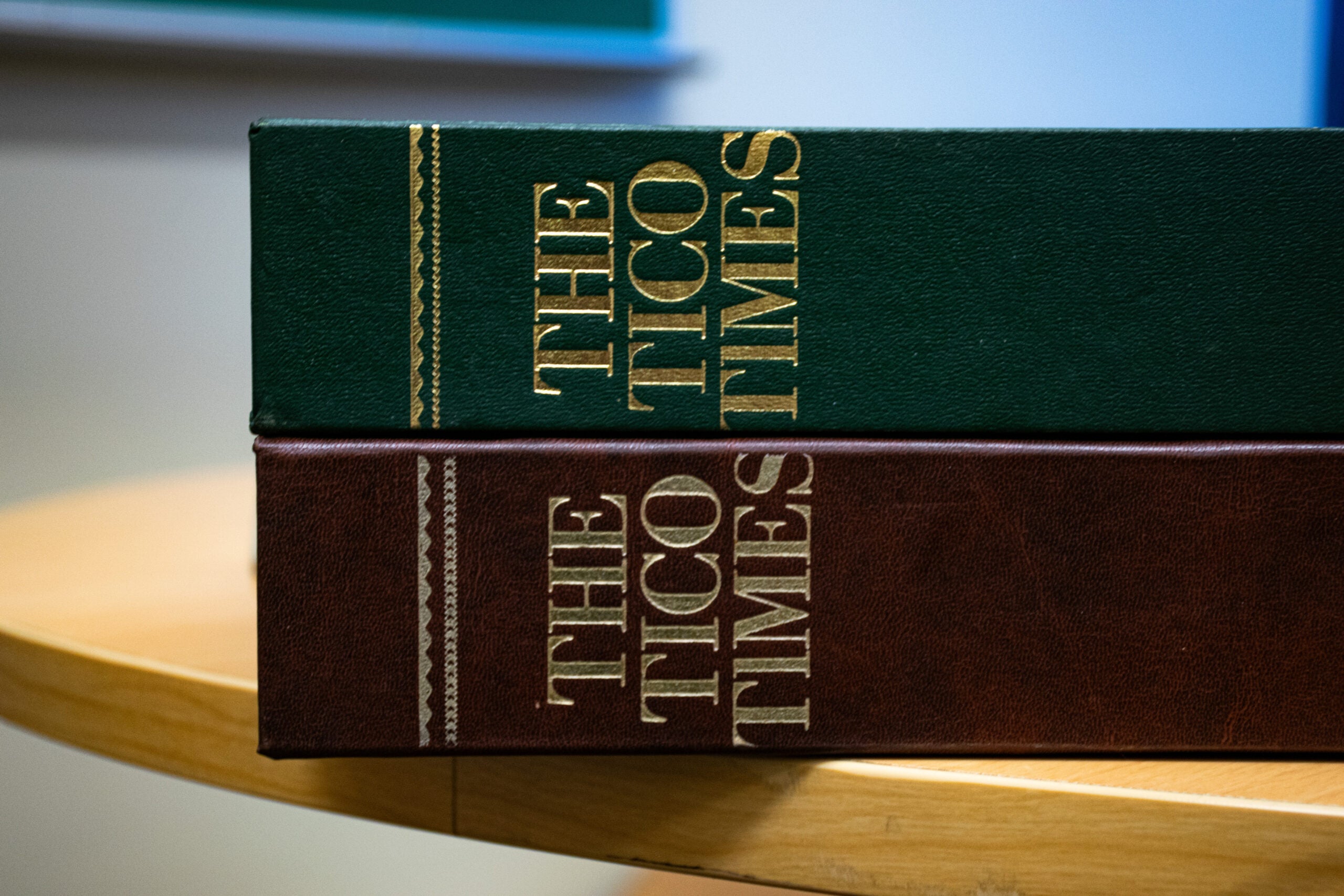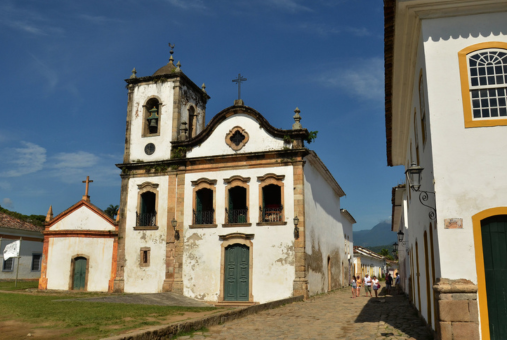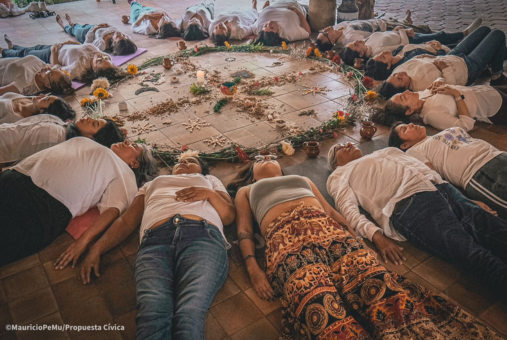
GIJN spoke to reporters from outlets based in Colombia, Honduras, and Mexico, as well as from two region-wide projects, to hear how they carried out their recent work, where they are innovating on this beat, and how they are changing the narrative about organized crime from a focus on kingpins to investigations into the impact of organized crime on ordinary people.

Through data journalism, effective interview techniques and innovative dissemination strategies, these reports by Meganoticias (Chile), Red Es Poder (Mexico) and a team of independent journalists from Cuba have stood out for showing the severity of the obstetric violence suffered by thousands of women in the region.

Mexican journalist Marcela Turati, who recently released the book “San Fernando. Última parada,” spoke about the challenges and lessons learned from investigating disappeared people for more than a decade. She also spoke about what she believes journalists should do to better cover violence committed by organized crime.

An investigative project used leaked data from the Colombian Public Prosecutor's Office to uncover new strategies and global configurations of drug trafficking. LJR spoke to journalists who worked on the transnational collaboration, which involved more than 40 news outlets and around 100 professionals.

For decades, The Tico Times newspaper has covered Costa Rica and Central America for an English-speaking audience. After former publisher and editor Dery Dyer passed away in 2020, a concerned former journalist of the publication helped to find her old boss’ archive a new home.

In contrast to the bureaucratic difficulties of accessing information in Mexico, the U.S. judicial system offers rich sources of information for investigating cases of Mexican criminals tried in that country, said journalist Juan Alberto Vázquez. His book "Los Padrotes de Tlaxcala" reveals shocking details about how Mexican trafficking networks operate in New York.

We bring you a compilation from GIJN recommending investigative books from reporters based in Latin America during the past 10 years. From lithium extraction to political murders, migration hardships to water privatization, and from Mexico in the north to Chile in the south, these titles cover a wide range of issues and span the continent.

In the book "Pedophilia in the Church: An unprecedented dossier on abuse cases involving Catholic priests in Brazil," journalists Fábio Gusmão and Giampaolo Morgado Braga describe the first panorama of sexual abuse against children and adolescents by the clergy in the largest Catholic country in the world.

To address the relentless violence and threats against journalists in Mexico, the human rights NGO Propuesta Cívica [Civic Proposal] established the Tejidos Solidarios [Weaving Solidarity] network. This initiative employs a unique methodology to provide psycho-emotional and legal support to the families of murdered and missing journalists. Additionally, it aims to honor their memory.

Alejandro Astesiano was chief of security of the current President of Uruguay, Luis Lacalle Pou, until he was arrested by the Police for leading an organization that falsified documents to obtain passports for Russian citizens. Very quickly, the Uruguayan press obtained the investigative folder of the case which contained more than a thousand Whatsapp chats by the accused.

In the panel "How to investigate corruption in the north of Mexico," part of the festival "Contra el Olvido [Against forgetting]," in the state of Tamaulipas, journalists Melva Frutos, Ana Victoria Félix, Priscila Cárdenas, and Shalma Castillo told how they face threats, lack of resources and indifference from society in their attempt to do investigative reporting on violence and corruption.

To honor all Latin American journalists who work every day and take risks to reveal information of public interest, LatAm Journalism Review (LJR) presents four investigations that stood out in 2022. We highlight original, impactful and innovative investigations that used everything from traditional methods to artificial intelligence to shed light on controversial activities that public and private leaders would prefer to keep in the dark.